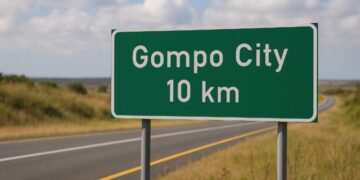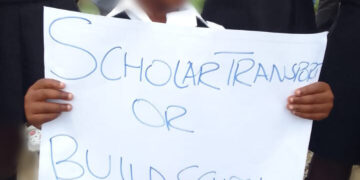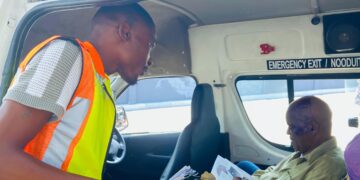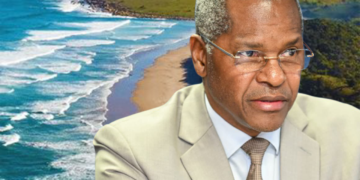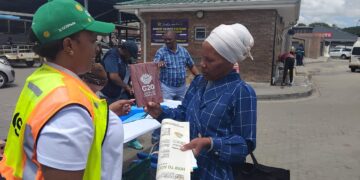By Lulama kaSozathini
19 November 2025
The Eastern Seaboard is on the verge of major change as the Minister of Cooperative Governance and Traditional Affairs (CoGTA), Mr. Velenkosini Hlabisa, delivered an inspiring message during a Pre-Investment Summit held on Wednesday. The summit focused on bringing life and investment to long-neglected coastal communities stretching across KwaZulu-Natal and the Eastern Cape.
Minister Hlabisa called for strong partnerships between government, business, and communities, saying the Eastern Seaboard has “immense potential waiting to be unlocked.” He highlighted that the region can become a modern, climate-smart, and inclusive economic hub if all sectors work together.
Key plans outlined by the Minister include:
- Creating a special team to speed up investment approvals and simplify processes.
- Developing major projects in transport, renewable energy, industrial parks, and coastal tourism areas.
- Ensuring traditional leaders and local communities play an active role in economic development.
- Aligning the development work with national plans such as the National Development Plan 2030 and the District Development Model.
Deputy Minister Masemola also urged leaders to work together to ensure the Eastern Seaboard “does not become a dream deferred.” He emphasized the need to prioritise local people, especially the youth, by equipping them with skills in tourism, agriculture, the ocean economy, and renewable energy.
KwaZulu-Natal MEC Buthelezi shared some of the catalytic projects already underway in the province. These include wind farms in uMzimkhulu, hydro power development in Greater Kokstad, the Kokstad interchange, upgraded roads, and small craft harbours in Port Shepstone and Hibberdene.
Eastern Cape Premier Oscar Mabuyane further committed his province to supporting the initiative by fast-tracking major infrastructure projects such as the N2 Wild Coast Highway and the Mtentu and Msikaba bridges. He said these developments will boost job creation and improve transport and economic activity across the region.
Traditional leader Nkosi Mavuso stressed that development must take place in consultation with traditional communities. He said land rights must be respected and that development should benefit local people fairly, with traditional leaders serving as active partners throughout the process.
Deputy Minister Burns-Ncamashe outlined the next steps to turn the Eastern Seaboard Development Corridor into reality. These include securing funding, ensuring political stability, improving coordination among government agencies, and investing in essential infrastructure such as roads, water, energy, and sanitation. He added that packaging high-impact projects for private investors will be a key part of moving forward.
Government says the Eastern Seaboard offers a once-in-a-lifetime opportunity to reshape South Africa’s coastal economy. Investors, communities, and local businesses are encouraged to work together to unlock opportunities in renewable energy, logistics, agro-processing, tourism, and the ocean economy.
Our community newspaper will continue to track progress on this important development and how it will impact families and future generations along the Eastern Seaboard.

